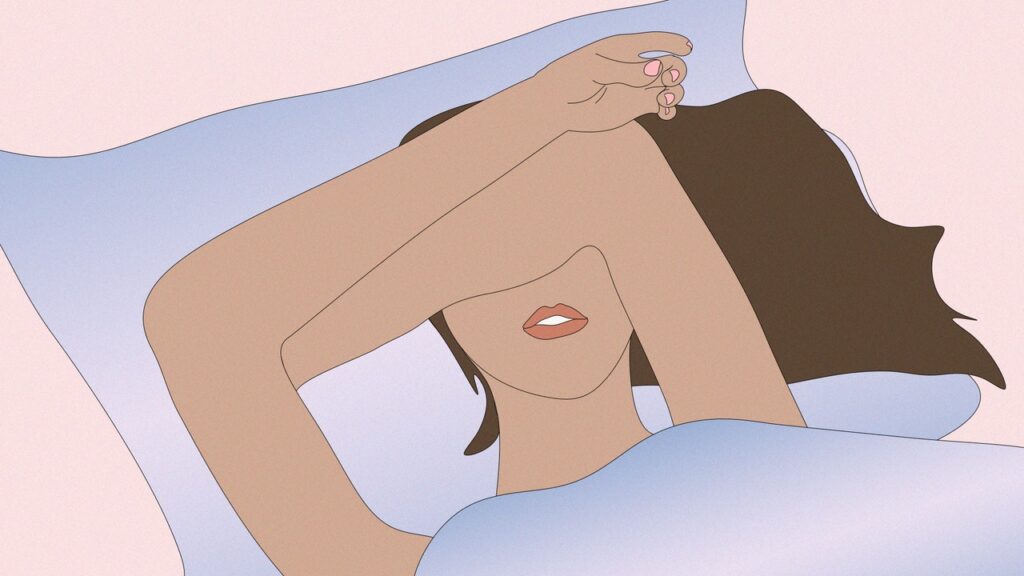7 things that can happen to your body when you don’t get enough sleep

We’ve all heard we need to get our eight hours in, but what actually happens if we’re not racking up the full amount of sleep each night? There’s the psychological impact – most of us will have been told to “sleep on it” before making big decisions – but there are physical implications, too. And, with a recent survey finding that 60% of Brits get six hours of sleep a night at most, we ought to be clued up on how missing out on all that extra zzzz can effect us.
Of course, everyone can have a bad night’s sleep every now and again – and actually, most sleep experts will advise that the best way to nod off is not to get too hung up worrying about it. But if you’re struggling with insomnia that’s affecting your daily life, you may want to reach out to your GP.
How much sleep should you get a night?
It’s generally accepted that adults should be clocking in between seven and nine hours of sleep a night. According to the National Heart, Lung & Blood Institute: “adults who sleep less than 7 hours a night may have more health issues than those who sleep 7 or more hours a night.”
So how can a sleepless night affect us?
7 things that can happen to your body when you don’t get enough sleep
You don’t feel as horny
Turns out sleep exhaustion is not an aphrodisiac and the more well-rested you are, the better your sex drive is likely to be. One study found that one hour of extra sleep for women correlated to an increased sex drive of 14%. Likewise, women with longer average sleep duration reported better genital arousal than women with shorter average sleep length.
Things hurt more
Our perception of pain is skewed when we’re not properly rested. A study in The Journal of Neuroscience monitored the brain activity of healthy participants after a full eight hours of sleep and again after they’d been kept awake for over 24 hours. In each case, pressure and heat was applied to an uncomfortable level on the participants arms and legs. Scans showed that when the group had been deprived of sleep, their perception of pain was heightened. There was an average 120% spike in activity in their somatosensory cortex (the region in the brain that interprets pain). Meanwhile activity dropped in their striatum and insula (regions that typically dampen the perception of pain), so knocks and pressure felt more painful.
A separate study noted that “two thirds of all chronic pain patients report poor sleep quality and recent data supports that sleep disturbance can cause or worsen acute and chronic pain.” Therefore, there is evidence to suggest that people who suffer from pain may be aided by improving their sleep.
You can’t problem solve as quickly
Most of us know this already, but if you (and your brain) are tired, your ability to problem solve and make decisions can be impaired. One study, which tested well-rested and sleep-deprived participants across a range of tasks, found that those who had been subjected to two nights of sleep deprivation had significantly blunted reactions to problems presented to them, and particularly struggled to adapt to uncertainty and changing circumstances. Often the error would register, but with diminished affect or response. Another study found that a moderate amount of poor sleep can be more detrimental to performance than an equitable amount of alcohol.
Your skin won’t play ball
The term ‘beauty sleep’ is no joke. When we sleep, our body takes on the nightshift of rejuvenating our skin – the actual dream, right? “When it comes to your skin, sleep is a fundamental requirement,” explains top consultant dermatologist, Dr Anjali Mahto. “Experimental studies have demonstrated that lack of sleep can make individuals look less healthy and more tired. Studies aside, it’s not rocket science to see that sleep deprivation can worsen under-eye circles and cause sallow, dull skin,” Dr Anjali adds.







